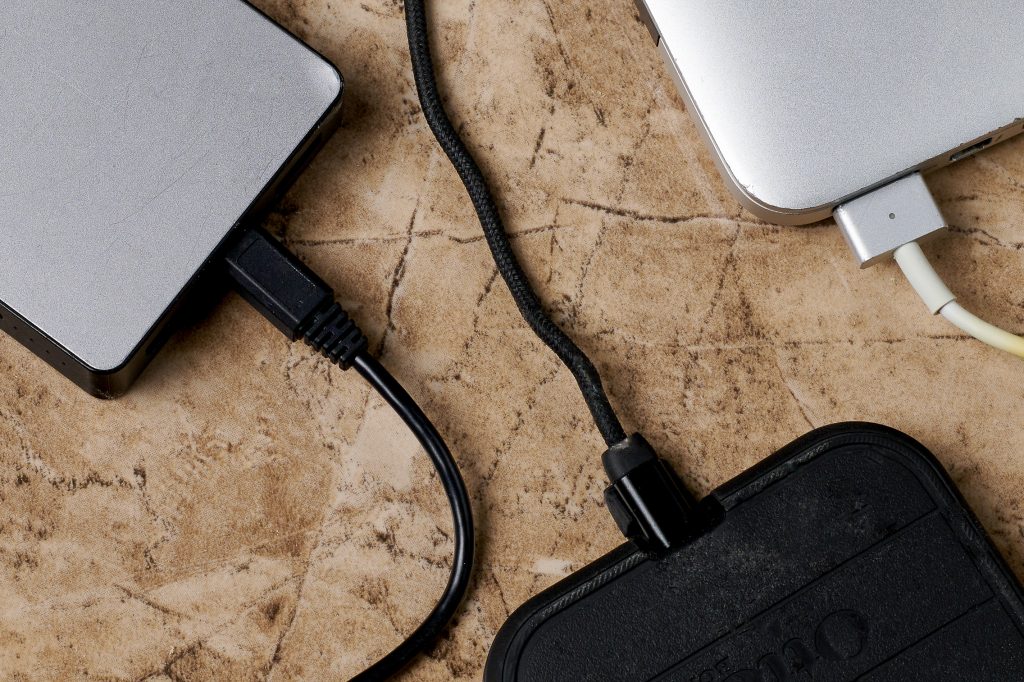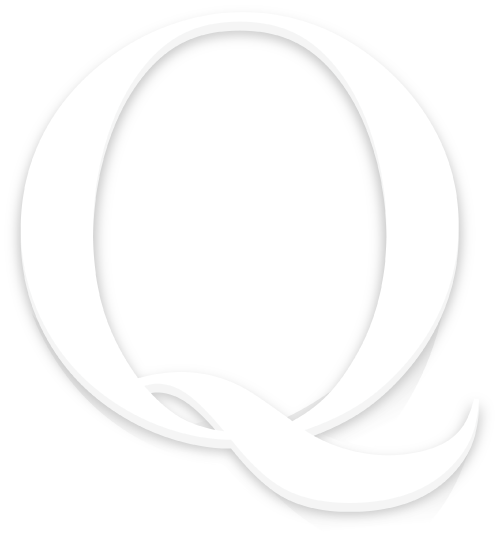Stopping To Recharge
[ theme music rises ]
It’s been said that better questions lead us naturally to better answers, and that it’s in not knowing that we open the doorway to knowing. I’m Scott Lennox and you’re listening to The Beautiful Question, a consideration of things that truly matter in a complex world.
[ brief pause ]
You wouldn’t get far on a road trip without first stopping to fill your tank. We understand the common sense of that, yet how often we push ourselves without stopping to recharge from the inside out.
Join me this week as we consider healthy ways of renewing ourselves.
[ brief pause as theme music fades ]

Photo: Scott Lennox
It’s the funniest thing, but when I don’t recharge my laptop or my cell phone, or the batteries in the device I use to record these podcasts or the ones in some of the tools in my woodshop, they become drained and quit working. No matter how hard I try or which buttons I push or how much I’d like it to be otherwise, nothing happens.
The same is true with us. To keep functioning, there’s simply no way around the fact that we have to recharge. It’s one of the necessary conditions to living well. That’s especially true when we’re in the habit of going and going and endlessly going.
For years, my standard mode of operation was moving at “six-hundred miles an hour with my hair on fire.” The squirrels-on-speed in my head were almost always on the move and I seldom stopped to rest. I got more accomplished than most people I knew, but I also outran myself more often than I’d like to admit. And each time I did, I was brought to a complete halt, either by getting sick or by sleeping for two days straight.
That kind of burnout pace is not one I recommend. Neither is being forced to come to a stop.
[ brief pause ]
After years of living that way, I was shown how to create the shift that would help re-balance my life. It involved mentally and physically taking a step back and breathing out slowly as I dropped into neutral and reassessed my situation. It took a while to really “get it,” but to my surprise when I finally did, a sequence of magical things happened. I relaxed. I released myself from the tension I’d been holding. And clarity came as my awareness softened and widened.
For the first time in years, I wasn’t continually wasting energy by staying physically and mentally and emotionally braced. Because of that simple shift in my output, my internal batteries slowly began to recharge, and I grew less and less exhausted.
[ brief pause ]
It was around that time that I began investigating the importance of what I call periods of “conscious neutral.” I quickly saw that good things happen to us when we practice it regularly. To clarify, when we’re in conscious neutral, we’re not on our computer or our cellphone, we’re not reading or watching television. We’re not writing out a shopping list. We’re “doing” nothing and are consciously aware that we’re allowing ourselves to be in that state.
As I looked into it though a medical lens, one benefit stood out rather strongly. When we drop into conscious neutral, we stop dumping of cortisol into our systems. Cortisol is the stress hormone sometimes referred to as “nature’s alarm system.” That’s useful when we need to cope with an acute stressor or trauma, but the overproduction of cortisol is known to suppress the immune system, which leads to numerous health issues.
Avoiding that overproduction by regularly letting go, physically, mentally, and emotionally, is one of the healthiest ways we can take control of our lives and is one of the most effective ways to recharge.
[ brief pause ]
In last week’s episode, we considered a number of effective things to do in the face of the changes that are happening in the world. Some of those things included engaging in healthy social contact, getting the rest we need through a good night’s sleep or taking naps during the day, or engaging in things we find particularly enjoyable or rewarding. Each of them is a way of recharging.
We could add yoga or working out or eating in healthy ways or laughter or meaningful spiritual practices to that list. One of the keys is being consciously aware and mindful of what we’re doing, which is at the heart of this week’s Beautiful Questions.
[ brief pause ]
Question One: What things are you regularly or habitually doing that drain you or cause you to lose energy?
Question Two: What things are you doing that help you to feel refreshed or recharged?
Question Three: What simple things could you add to the effective things you’re already doing?
I’d love to hear where your considerations take you. Write and tell me about them.
[ brief pause ]
As I say each week,
My Light with Your Light!
[ theme music & sign-off ]
Thank you for joining me in these podcasts as we keep doing the things we can to respond to life in increasingly effective ways. As always, I’m open to your comments and feedback.
You can be further inspired by visiting my friends at Kosmos Journal. That’s K O S M O S Journal. Their mission is to inform, inspire, and engage global transformation in harmony with all life. You can easily find them online at Kosmos Journal dot O R G.
And at thebeautifulquestion.com, you can read the illustrated transcript of each podcast as you listen. You’ll also find an archive of all previous podcasts, including episodes three and four, guided relaxation audios that can help you practice letting go on a daily basis.
If you find these podcasts useful, don’t hesitate to share them or tell others about them. That’s a great way of helping me get a voice of calm and collaboration and balance and encouragement out into the world.
[ brief pause ]
I’m Scott Lennox, and this has been The Beautiful Question.
[ brief pause ]
The Beautiful Question is a One Light production, written, produced, and engineered by Scott Lennox at HeartRock Studios in Fort Worth, Texas, as a way of paying forward to life, being fully present, becoming better engaged with things that truly matter in a complex world, and committing to a healthier future for all of us.
